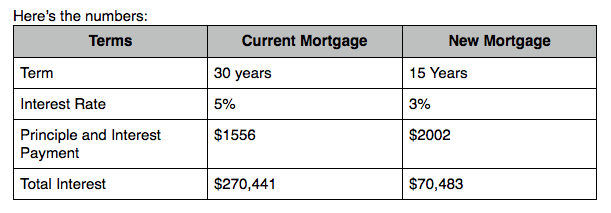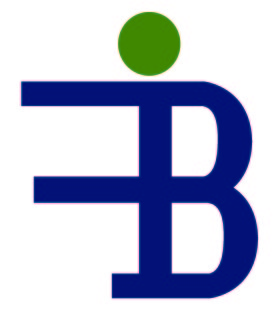PORTLAND, Ore., March 16, 2013—Financial Beginnings, a Portland-based nonprofit that provides financial education at no cost to children and young adults, recently received a $12,000 grant from the Bank of America Charitable Foundation. The grant will provide funding for Financial Beginnings’ free financial education programs for low-income students in grades K-12.
“This grant could not come at a more critical time,” says Melody Bell, Financial Beginnings executive director. “We have seen demand for our programs increase dramatically due to the new financial literacy requirements and this grant from Bank of America will help us with that need.”
Financial Beginnings and Bank of America have a long-standing partnership providing financial education to youth throughout Oregon and southwest Washington. Bank of America has provided a total of $47,000 in funding to Financial Beginnings since 2010. For the last two years, Bank of America has been recognized as Financial Beginnings’ Partner of the Year because of the incredible employee commitment in spreading financial literacy to youth. During the last program year, Bank of America employees taught 1,546 youth at 23 schools and community groups in Oregon. There are 123 trained Bank of America employees that have spent 190 hours in the classroom.
In addition to grant support and employee volunteer time in the classroom, Bob Cook from Bank of America sits on Financial Beginnings’ Board of Directors. Cook has been a key player expanding Financial Beginnings’ volunteer base.
“I’m so pleased to be on the board of Financial Beginnings to help them spread the word about the importance of financial education in our community,” said Bob Cook, business banking senior vice president at Bank of America for Oregon and southwest Washington. “Helping students access the financial education they need is key to ensuring economic stability in the future, and I’m proud that Bank of America supports the great work we do for students and young adults across Oregon and southwest Washington.”
This $12,000 grant is part of $22 million in critical needs grants that Bank of America recently provided to over 1,000 nonprofits across the country—$86,000 of which was awarded to nonprofit organizations in Oregon and southwest Washington. The majority of these grants support nonprofits serving low-income communities that have been disproportionately affected by the economic downturn. This funding is part of the company’s intensified philanthropic focus on three core issues vital to the economic health of communities: housing, jobs and hunger and represents an important component of Bank of America’s lending, investing and giving activities to help advance local economies.
About Financial Beginnings
Formed in 2005 and based in Portland, OR, Financial Beginnings is a nonprofit organization that provides multi-session courses, free of charge, to students and young adults throughout the Pacific Northwest through visits to their individual schools or community groups. The courses incorporate all aspects of personal finance to provide individuals the foundation needed to make informed financial decisions. More information is available at www.financialbeginnings.org.
About Bank of America Corporate Social Responsibility
Bank of America’s commitment to corporate social responsibility (CSR) is a strategic part of doing business globally. Bank of America’s CSR efforts guide how it operates in a socially, economically, financially and environmentally responsible way around the world, to deliver for shareholders, customers, clients, and employees. The goal is to help create economically vibrant regions and communities through lending, investing, and giving. By partnering with stakeholders, Bank of America creates value that empowers individuals and communities to thrive and contributes to the long-term success of its business. Bank of America has several core areas of focus for CSR, including responsible business practices; environmental sustainability; strengthening local communities with a focus on housing, hunger, and jobs; investing in global leadership development; and engaging through arts and culture. As part of these efforts, employee volunteers across the company contribute their time, passion and expertise to address issues in communities where they live and work. Learn more at bankofamerica.com/about.

